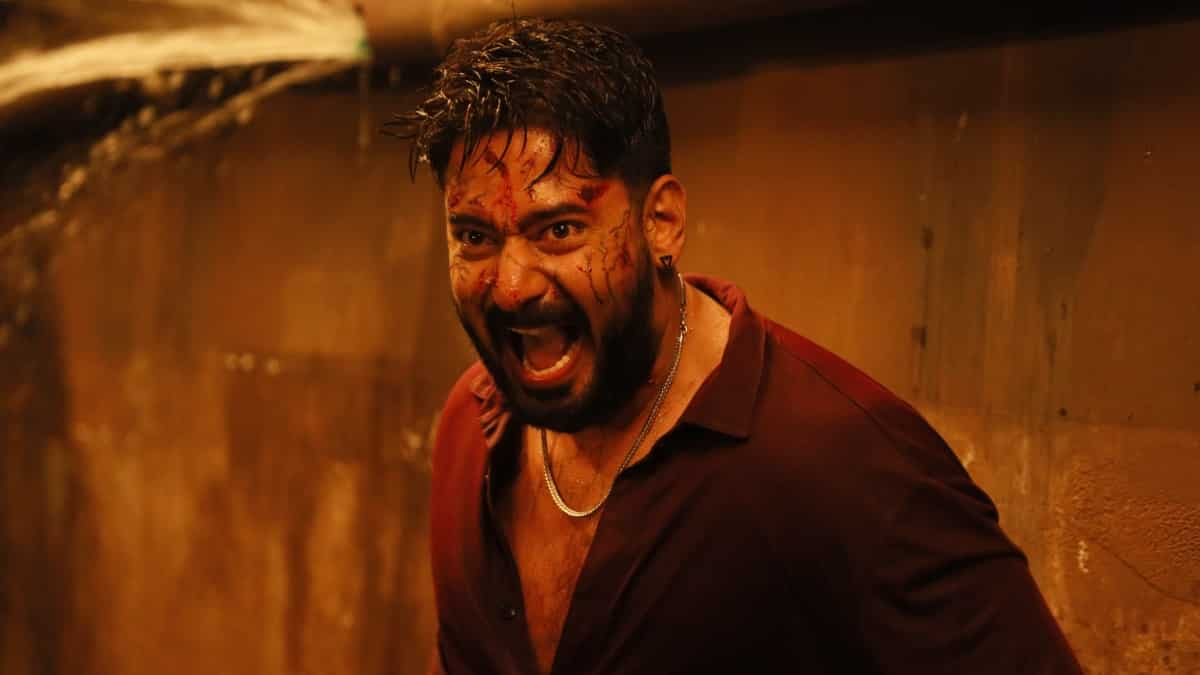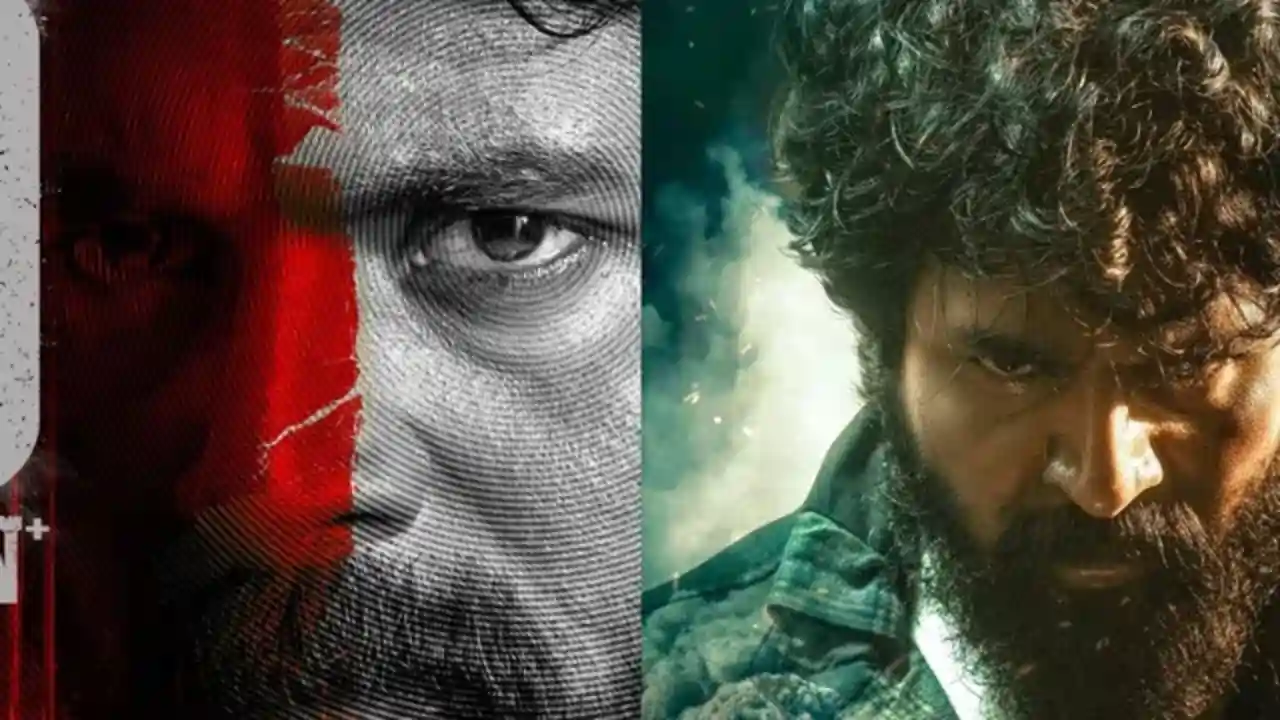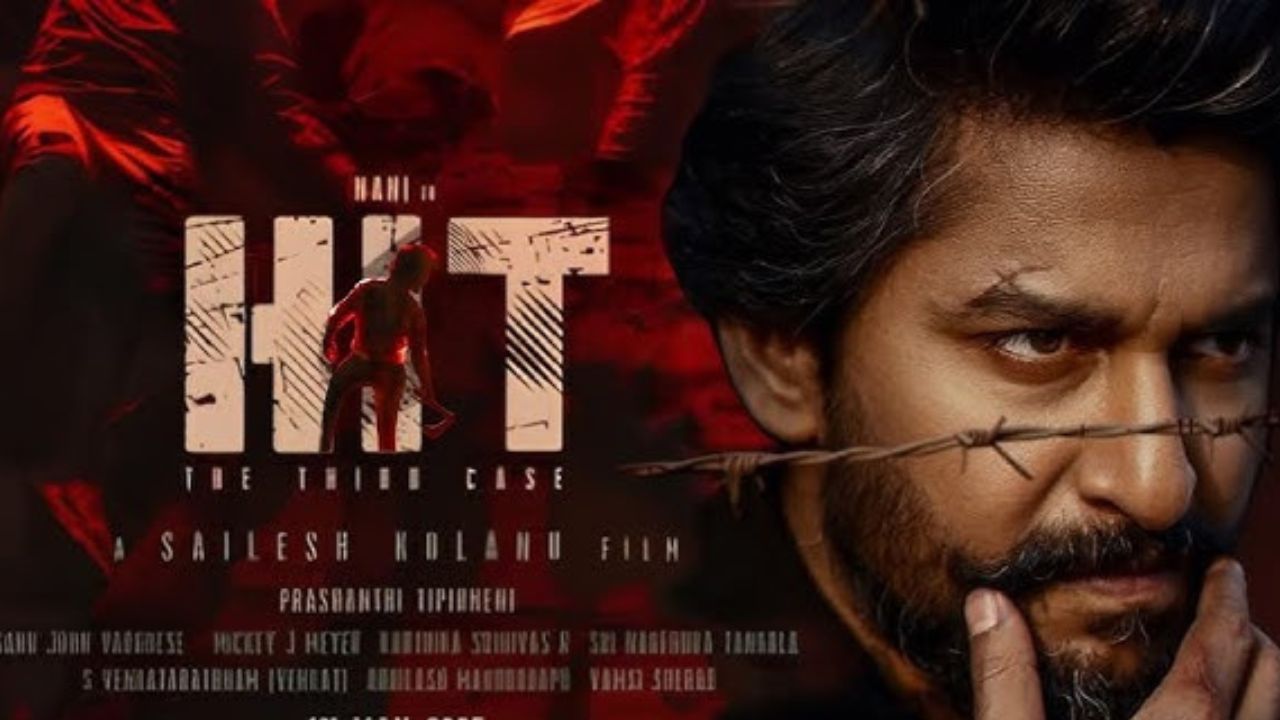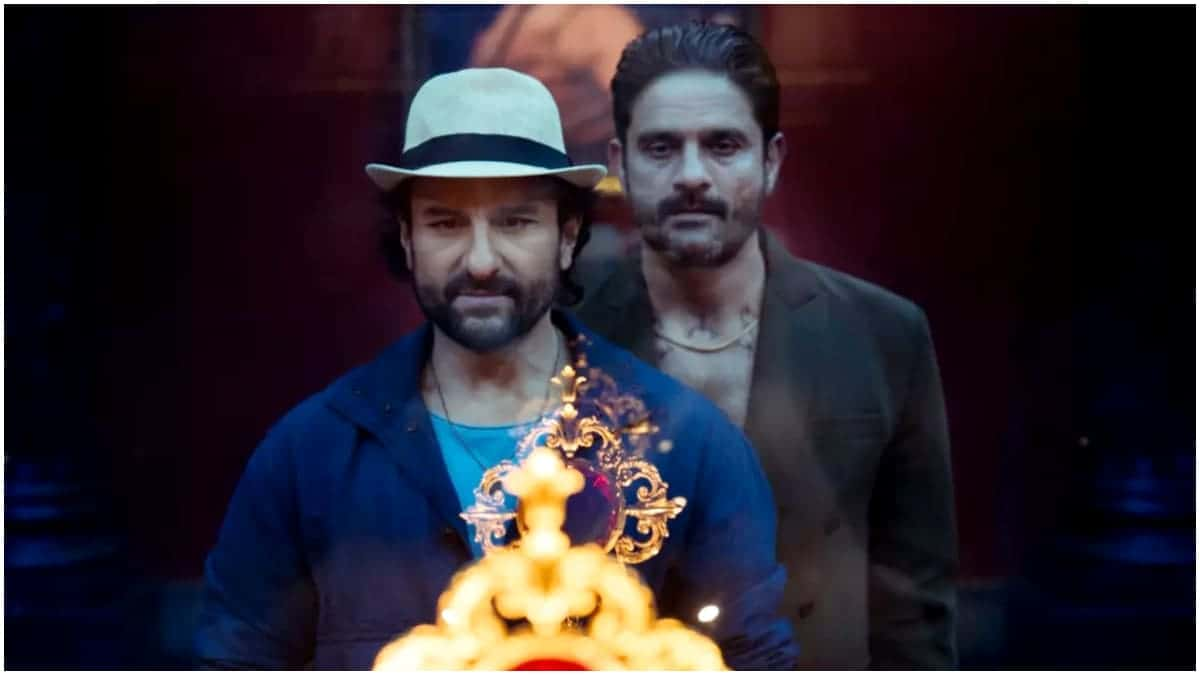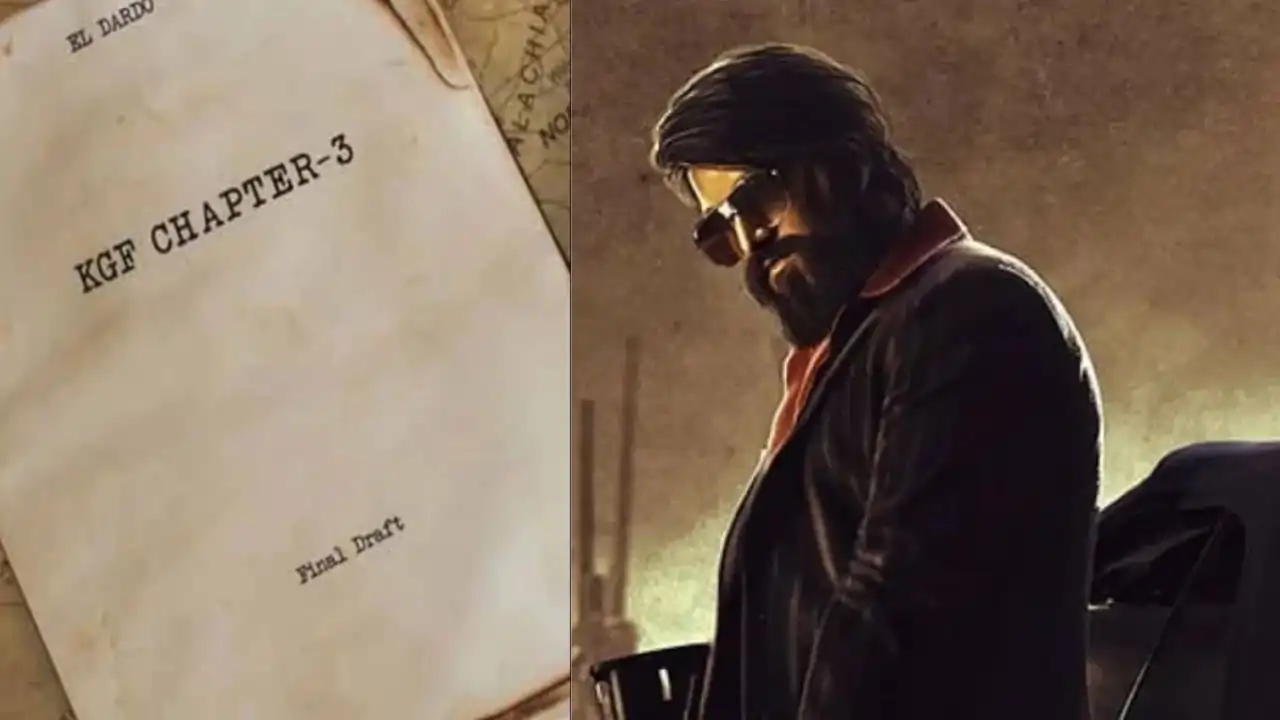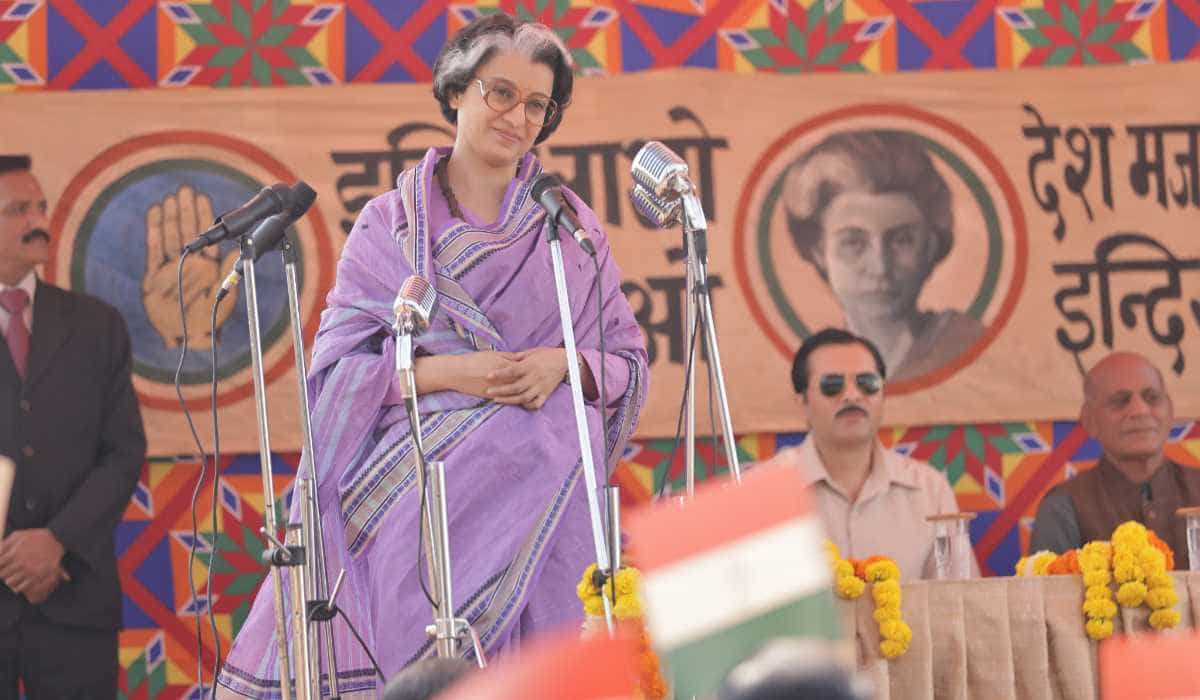
Kangana Ranaut's Historical Drama Falls Short Amid Chaos
2 months ago | 5 Views
Emergency story:
The occurrences illustrated in Emergency occurred in 1975. This film centres on Mrs. Indira Gandhi, a pivotal figure in Indian history, and elaborates on the events that unfolded during her time in office.
Emergency review:
In contemporary society, short videos and reels on Instagram have significantly influenced our daily lives, diminishing our attention span to less than a minute for various types of content. Kangana Ranaut has thoughtfully considered this trend in her creation of Emergency, which incorporates these aspects. The opportunity to witness the actor and filmmaker on the big screen after a five-year absence generated considerable interest regarding her approach to the film, particularly in light of her current political role. Emergency focuses on Mrs. Indira Gandhi, a prominent figure in the Congress party, while Kangana presently aligns with the opposition.
The classification of the film as "propaganda" is contingent upon this conflict of interest. Nevertheless, Mrs. Indira Gandhi's formidable presence resists simplistic categorization; it has never been straightforward and will remain so.
Over the years, numerous actresses have taken on the role of this iconic political figure, a task that proves to be quite demanding, especially given her distinctive appearance and idiosyncratic mannerisms. The portrayal risks devolving into a caricature. Nonetheless, I must acknowledge Ranaut for her ability to embody Mrs. Gandhi on screen, particularly through her frequent eye blinks and lip twitches.
In this instance, the actress did not merely perform in front of the camera; she also took on the role of director. With a runtime of nearly two and a half hours, there exists the opportunity to enrich the audience with intricate details or perhaps lesser-known aspects of Mrs. Gandhi's life. However, it seemed as if Ranaut was merely revisiting the chapters, preparing us for a history examination that lingers in our memories nearly two decades after our graduation.
The narrative commences in 1929, featuring a 12-year-old Indira Gandhi as she learns about "Satta" from her grandfather, Motilal Nehru. The storyline progresses to 1975 within the first half, signifying the onset of the Emergency in India.
Throughout the years, I have come to realize that the concept of "emergency" is inherently complex, complicating the understanding of the events that transpired during those 21 months in the nation. I do not suggest that I was anticipating a straightforward explanation from Ranaut. Nevertheless, even the pivotal incident that altered the nation's trajectory was presented in such a manner that just as it became engaging, we swiftly transitioned to the subsequent chapter.
Ranaut now asserts that audiences seek more profound narratives rather than mere commercial entertainment. To fulfil this expectation, the actor-director has adopted a novel approach. While this may be intriguing for her, it fails to resonate with us, the viewers.
As the narrative shifts to the Bangladesh-Pakistani War of 1971, we witness Milind Soman portraying Sam Manekshaw, lip-syncing to a song while briefing his troops and Mrs. Gandhi on their strategy for the conflict. This scene escalates as Shreyas Talpade, in the role of Atal Bihari Vajpayee, dramatically slams the desk and begins to sing—a gesture I believe could have realistically occurred, considering our former Prime Minister's poetic inclinations. However, the historical drama film, Emergency, quickly transformed into a Broadway-style musical.
While viewing the film, I was frequently reminded of the scene from Harry Potter and the Chamber of Secrets, in which Harry Potter enters Tom Riddle's diary. As he begins to ask questions, he is abruptly transported back to his reality, leaving him with an increased sense of curiosity.
It is indeed a formidable task to encapsulate every facet of an individual's life within a film. However, this is the first instance where a sequence or a year from the narrative has been condensed to the dimensions of a single page in a book, likely with a slightly enlarged font. The film ultimately undermined the entire essence of Emergency, prompting me to question its genuine intent.
Was it the editing by Rameshwar S. Bhagat that contributed to this outcome? Was it the screenplay crafted by Ritesh Shah? Or was it Kangana Ranaut's overall direction that dictated the extent of what should be presented to the audience while still maintaining coherence?
By the end of the first half, I found myself bewildered by the film's swift pacing and its intentional conveyance of messages. In the second half, as the narrative unfolds into a horror-thriller atmosphere, one anticipates a resolution that either elevates Mrs. Gandhi to a heroic status or portrays her as a villain. However, the historical segment merely presents songs that illustrate key events, thereby diluting the overall impact of the narrative at crucial junctures.
The spectral elements I referenced evoke memories of Cillian Murphy's performance as Oppenheimer, who grappled with the reality that his creation led to the deaths of millions and the utter devastation of two cities. A parallel narrative emerges here, as Mrs. Gandhi confronts a ghostly version of herself, still in denial about the fact that her imposition of the Emergency has not produced any favorable outcomes, a truth that will continue to haunt her until she experiences genuine remorse and eventual redemption.
Indeed, Ranaut strives to strike a balance between her responsibilities as both the lead actress and the director of Emergency. If this is indeed the case, I would commend her for the production quality, which significantly enhances the narrative.
The primary aim of a film is to provide a degree of entertainment, which this particular production entirely lacks. Intense reactions and a powerful background score do not make up for the film's deficiency in substance.
In terms of performances, Ranaut makes an effort to add depth, and I must admit that I did not entirely disapprove of her portrayal. Nevertheless, her performance was undermined by the uninspired narrative, which prevented the film from meeting its anticipated standards.
Conversely, Vishak Nair's interpretation of Sanjay Gandhi was more impressive than Ranaut's. He effectively captured the essence of a spoiled individual with a menacing demeanour, as depicted in the literature, along with his constant need for validation. Other supporting cast members, such as Anupam Kher as Jayaprakash Narayan, Shreyas Talpade as Atal Bihari Vajpayee, and Satish Kaushik as Jagjivan Ram, attempt to infuse some depth into the narrative. Talpade, in particular, achieves a measure of success in this regard. Additionally, Mahima Chaudhry's role as Pupul Jayakar marks a noteworthy return after a significant hiatus.
Nonetheless, it is challenging to elevate a narrative that takes itself too seriously to the level of mere social media content.
Emergency verdict:
Emergency is like flipping through a history book at double speed—fascinating glimpses but with pages missing. Kangana Ranaut attempts to command attention both on and behind the screen, but the execution feels more like a state of confusion than a state of Emergency
Read Also: Azaad Review: A Promising Start That Falters in Its Finale
Get the latest Bollywood entertainment news, trending celebrity news, latest celebrity news, new movie reviews, latest entertainment news, latest Bollywood news, and Bollywood celebrity fashion & style updates!






